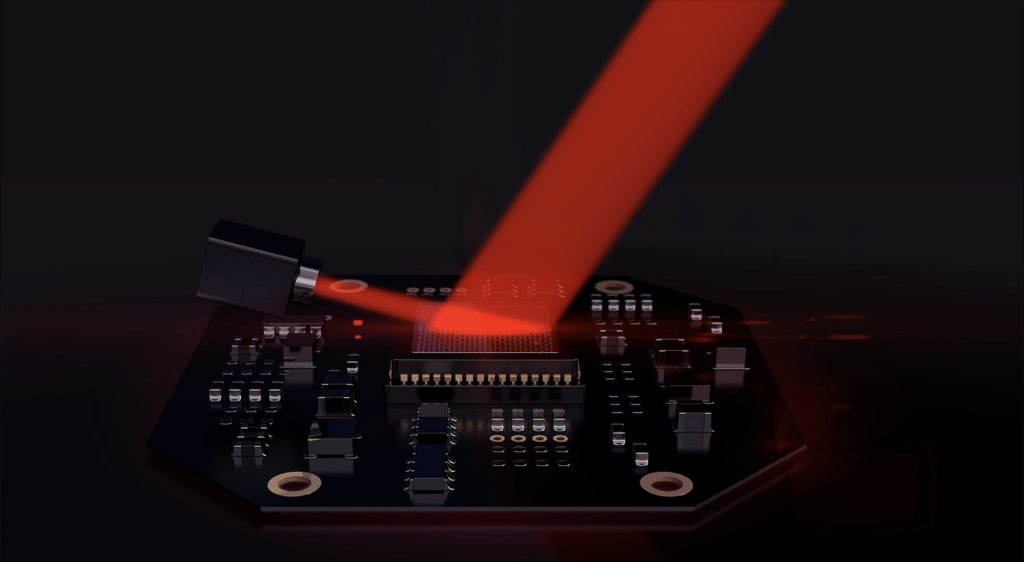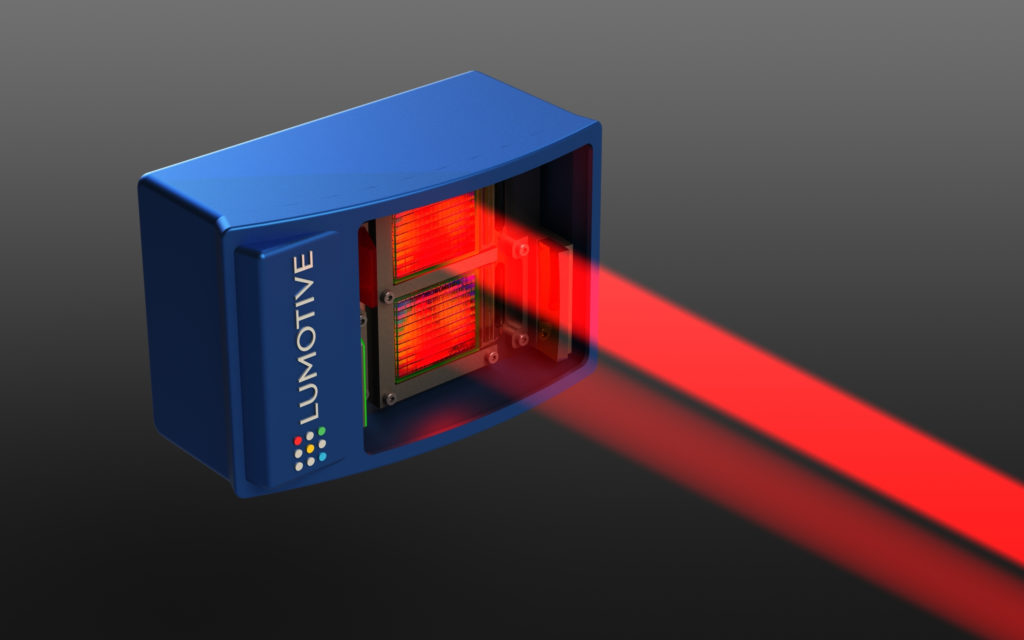Lidar startup Lumotive and electronics developer Himax Display have jointly developed a new approach to beam steering technology in lidar systems that marries liquid-crystal-on-silicon (LCOS) technology with Liquid Crystal Metasurfaces (LCMs) to improve performance, reliability and cost.
A key 3D-sensing technology for autonomous driving systems, lidar requires advanced beam steering to deliver high performance and commercial viability. Lidar systems traditionally relied on bulky spinning assemblies, while newer breeds of lidar sensors utilize micro-electromechanical system (MEMS) mirrors or optical phased arrays. However, both of these approaches lack performance due to the small optical aperture of MEMS mirrors and the low efficiency of phased arrays.
In a first for lidar, Lumotive leverages Himax’s unique, tailor-made LCOS process to convert semiconductor chips into dynamic displays that steer laser pulses based on the light-bending principles of metamaterials.
Dr William Colleran, Lumotive co-founder and CEO, said, “Our combined approach is an innovative technological advance that lowers cost, improves performance and ultimately speeds time-to-market for reliable lidar systems that make self-driving cars viable and safe.”
Jordan Wu, president and CEO of Himax Technologies, added, “We are very excited to be working with Lumotive to deliver a true breakthrough in the development of lidar systems for the autonomous vehicle market. While the approach is unique, our industry-leading LCOS technology and tailor-made service are market-proven and, when combined with Lumotive’s patented LCM technology, represent a significant advance in an increasingly important industry.”

For the latest in lidar technology and other vision systems, catch Autonomous Vehicle Test & Development Symposium in Novi, MI in October. On the second day, there will be a session titled “Vision – Sensors and Lidar Test and Development”. For more information, up-to-date programs and rates, click here.


